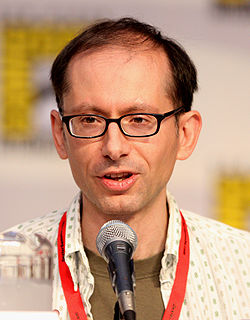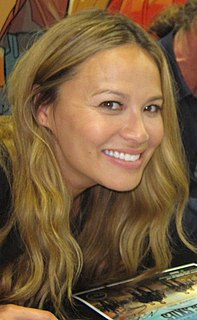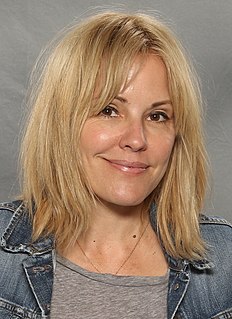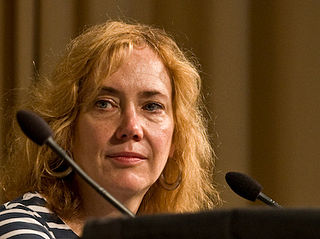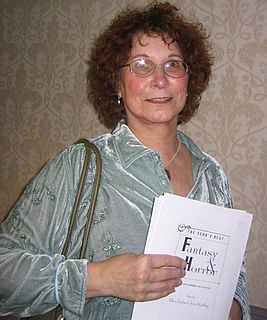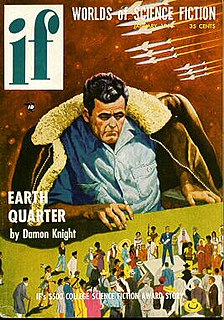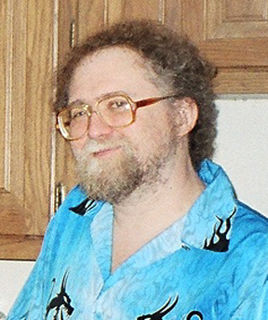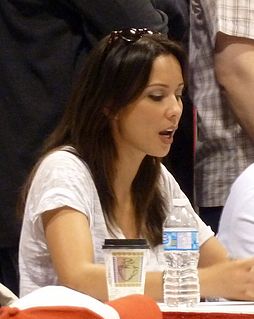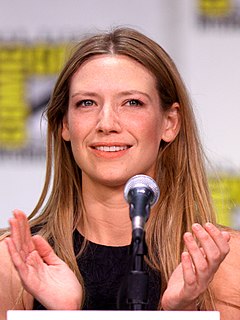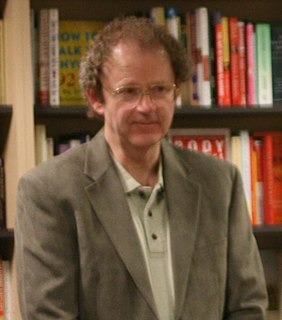Top 1200 Science Fiction Quotes & Sayings - Page 5
Explore popular Science Fiction quotes.
Last updated on December 5, 2024.
I would say that Futurama: Bender's Big Score requires a lot of concentration to watch. It's a very complicated time-travel story. Part of the joke on that was just that the complexity would be over the top. This one is a more straight-forward science-fiction story, I would say. Alien invasion and people running in terror, that kind of thing, with a slight twist of there being an inappropriate physical relationship with the big octopus monster. We've got a straight-up science-fiction movie.
Most science fiction is about tomorrow, a tomorrow brought to you by innovations in science and technology, and China was worried that if they just have everybody learning what is, they're not going to be in a position to invent a tomorrow because their brain isn't even wired to go in that direction.
As a journalist, I would talk to writers, directors, creative people, and discover that for an awful lot of them, the moment they became successful, that was all they were allowed to do. So you end up talking to the bestselling science-fiction author who wrote a historical-fiction novel that everybody loved, but no one would publish.
I worked out a book which I thought was just straight science fiction -- with everything pretty much explained, and suddenly I got an idea which I thought was kind of neat for working in a mythological angle. I'm really struggling with myself. It would probably be a better book if I include it, but on the other hand I don't always like to keep reverting to it. I think what I'm going to do is vary my output, do some straight science fiction and some straight fantasy that doesn't involve mythology, and composites.
You can lose a reader in a blink of an eye. If a person is an engineer or chemist or an anthropologist or whatever, you spoil the whole book for that person if there's obviously ignorance here. What's wrong with so much science fiction is that the science is so lousy that it isn't worth paying attention to.
[Science fiction is] that class of prose narrative treating of a situation that could not arise in the world we know, but which is hypothesised on the basis of some innovation in science or technology, or pseudo-science or pseudo-technology, whether human or extra-terrestrial in origin. It is distinguished from pure fantasy by its need to achieve verisimilitude and win the 'willing suspension of disbelief' through scientific plausibility.

